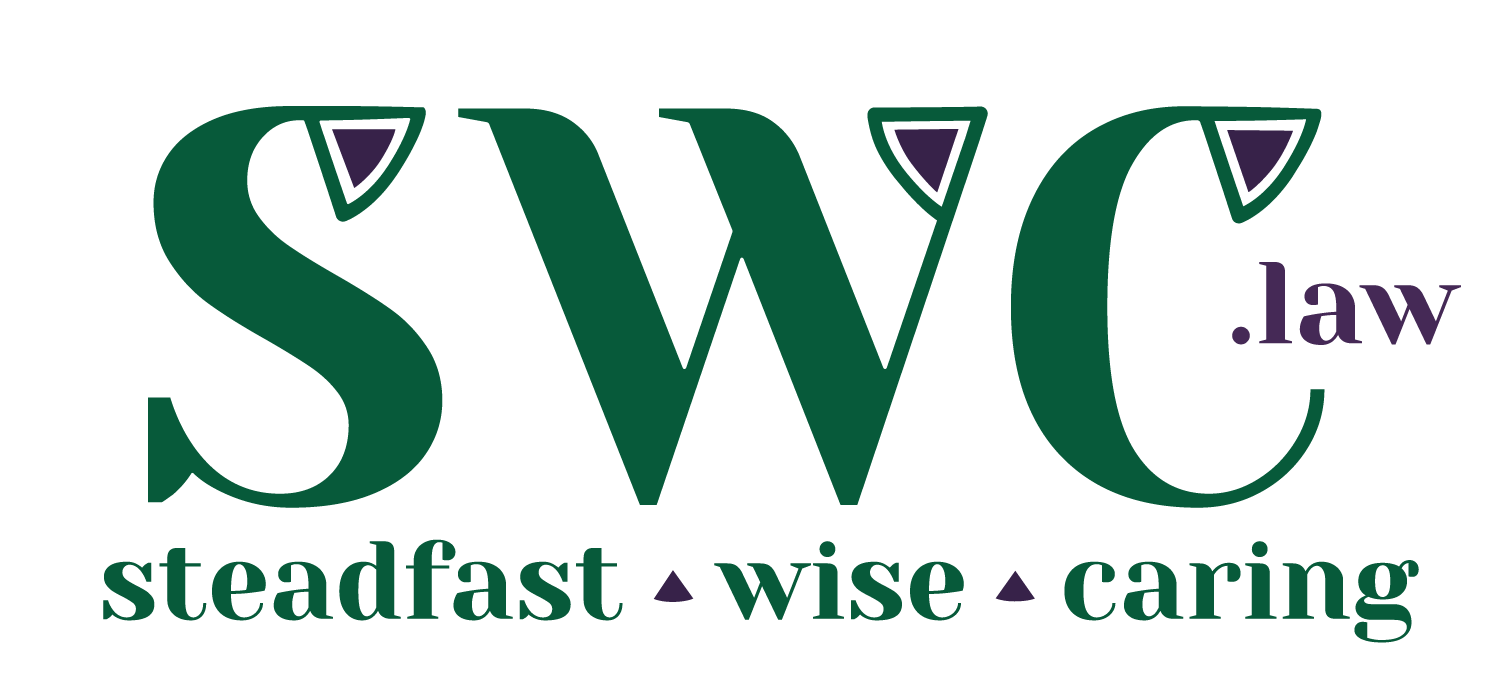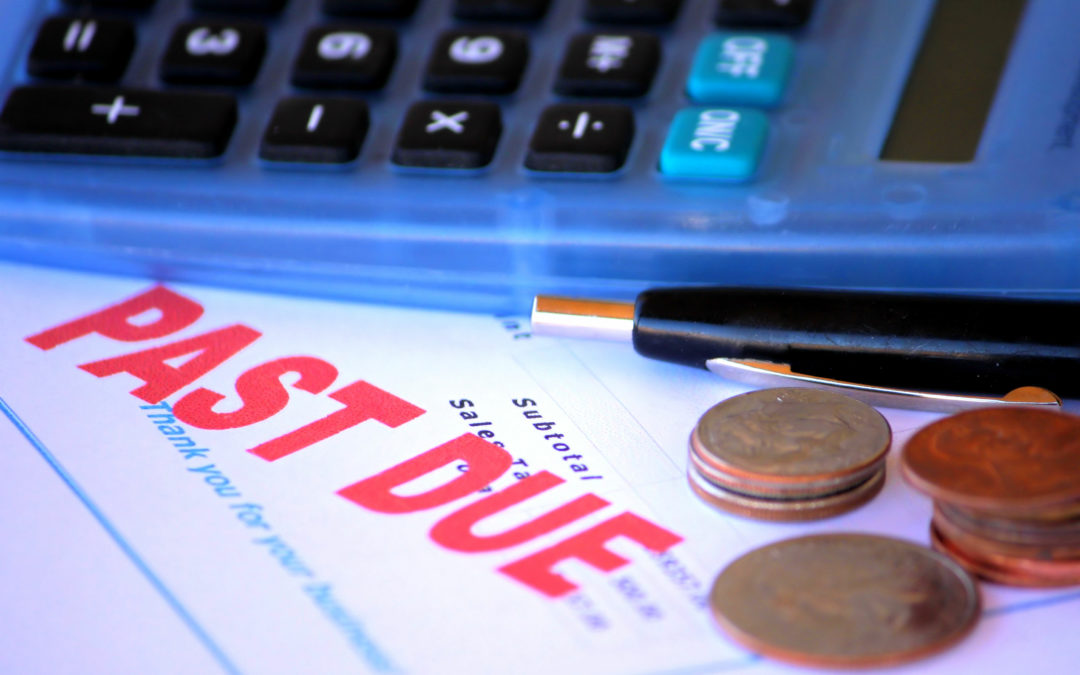Although loans can be helpful, they can also present you with huge amounts of stress, anxiety, and sometimes, an even worse financial situation than before.
On top of worrying about repaying debt, some borrowers are also faced with another, more vexing problem: abusive debt collectors.
Your Rights as a Consumer
If you’ve been or are dealing with an abusive debt collector, remember that you have rights under the Fair Debt Collection Practices Act (FDCPA).
Under this Act, debtors have the rights to control when, how, and how often debt collectors can contact or interact with them. This gives more power to the debtor and the ability to manage your situation with less stress and anxiety.

In this blog post, we’ll clarify some of the abusive debt collection practices and your rights against them. But first, it’s important to note that the Fair Debt Collection Practices Act only applies to:
—– Personal debt or debts that are acquired because of family or household expenses. For example, mortgages, credit card bills, medical bills, student loans, etc.
—– Third-party debt collectors, or people that regularly collect or attempt to collect debts owed to another person or institution, such as a debt collection agency.
If your situation falls under these definitions, you may still be wondering…
What kind of abusive debt collection practices am I protected against?
If you’ve read the definitions above, you’ll understand that the Fair Debt Collection Practices Act does not apply to people that collect debts personally owed to them, such as neighbors, family members, your lender, or even loan sharks.
However, it should protect you from third-party debt collectors that employ “loan shark tactics.”
These are abusive, unfair, and deceitful practices that harass or threaten debtors to repay their debt.

Here are some of the tactics that you should look out for:
1. Rude Speech and False Information
Debt collectors are prohibited from using profane or obscene language when interacting with or informing you about your debt. Moreover, they also cannot lie or use false information to trick you into paying your debt. For example, they cannot misrepresent the amount of the debt or use false documents that appear to be approved or issued by any court or official of the United States.
2. Threats and Violence
Threats of or using bodily harm and violence to harass someone into paying their debt is illegal. Debt collectors also cannot threaten to send you to jail, harm your reputation, or repossess your property if you do not pay your debt.

3. Contacting You at Inappropriate or Inconvenient Times
Another abusive debt collection practice that most people experience is being contacted during inconvenient times. This means that a debt collector cannot:
—– Contact you during work hours, if you have requested they not do so.
—– Call you on your work phone, if you have requested they not do so.
—– Reach you using other methods that you do not approve, such as social media, emails, etc.
—– Repeatedly contact you just to annoy or harass you.
If the debt collector is not aware of your work hours, as a rule, they should assume that you should not be contacted before 8 am and after 9 pm.
Remember: you have the right to choose when, how, and how often debt collectors can communicate with you. If you have specific requests, communicate them clearly in writing.
4. Informing or Spreading Information About Your Debt
Aside from limiting communication with you, the FDCPA also prohibits debt collectors from informing other people about your debt. In practice this means, that they cannot:
—– Tell your friends, neighbors, or relatives about your debt or state that they are calling from a debt collection agency.
Additionally, if a debt collector is trying to reach you through them, they can only call them one time each.
—– Inform or threaten to inform your employer about your debt.
A debt collector can only contact you or your spouse about your debt.
And speaking of informing others…

5. Publishing Lists of Unpaying Debtors
One more abusive debt collection practice is publishing lists of names of unpaying debtors. Debt collectors and debt collection agencies cannot release these lists on social media, a website, or even a bulletin board.
SWC Law helps you protect and defend your rights against these unfair debt collectors. We understand that dealing with financial issues and unlawful debt collection practices can be stressful and overwhelming.
Our experts have the knowledge, experience, and concern to help you through these taxing times. Visit our Consumer Protection or schedule a consultation.


Recent Comments